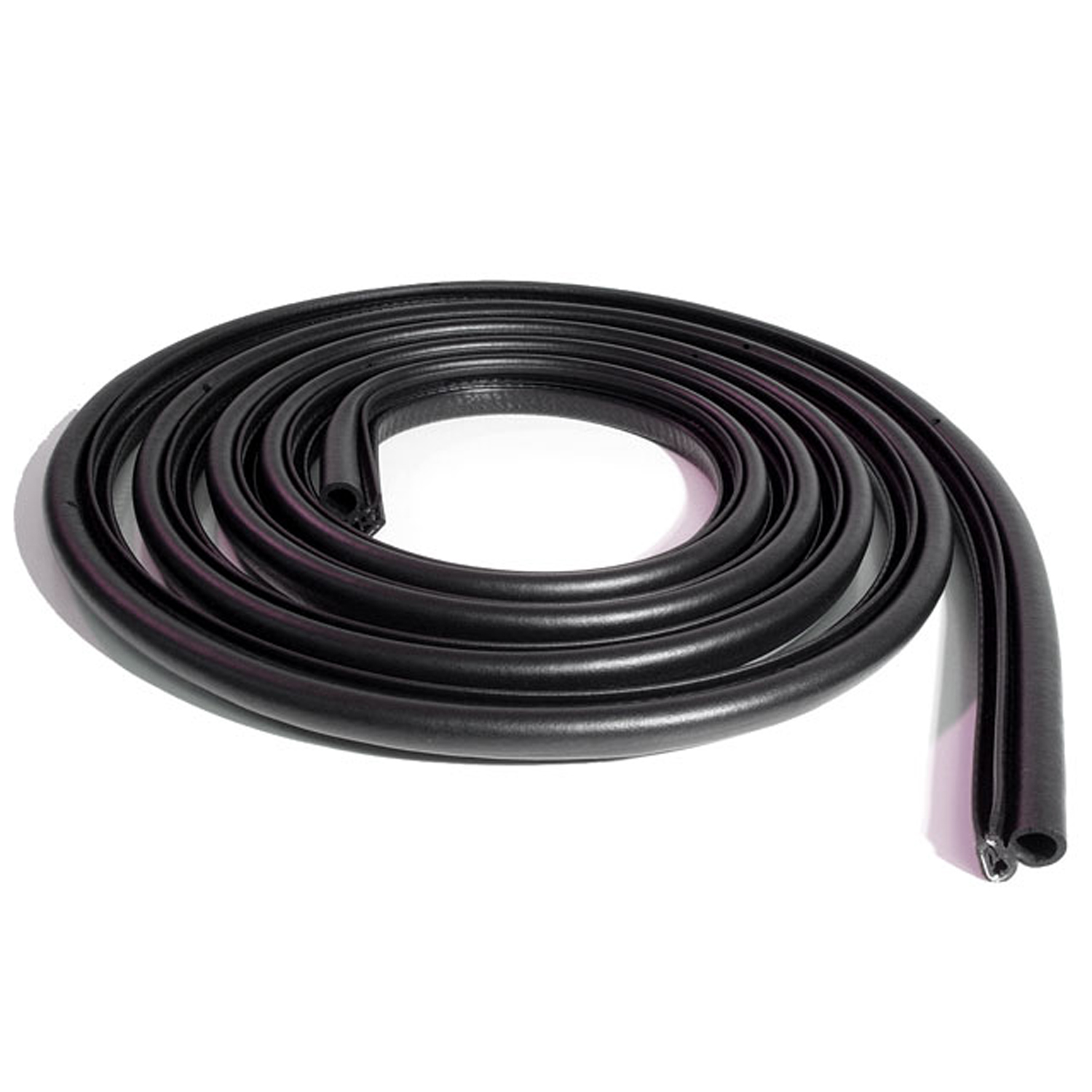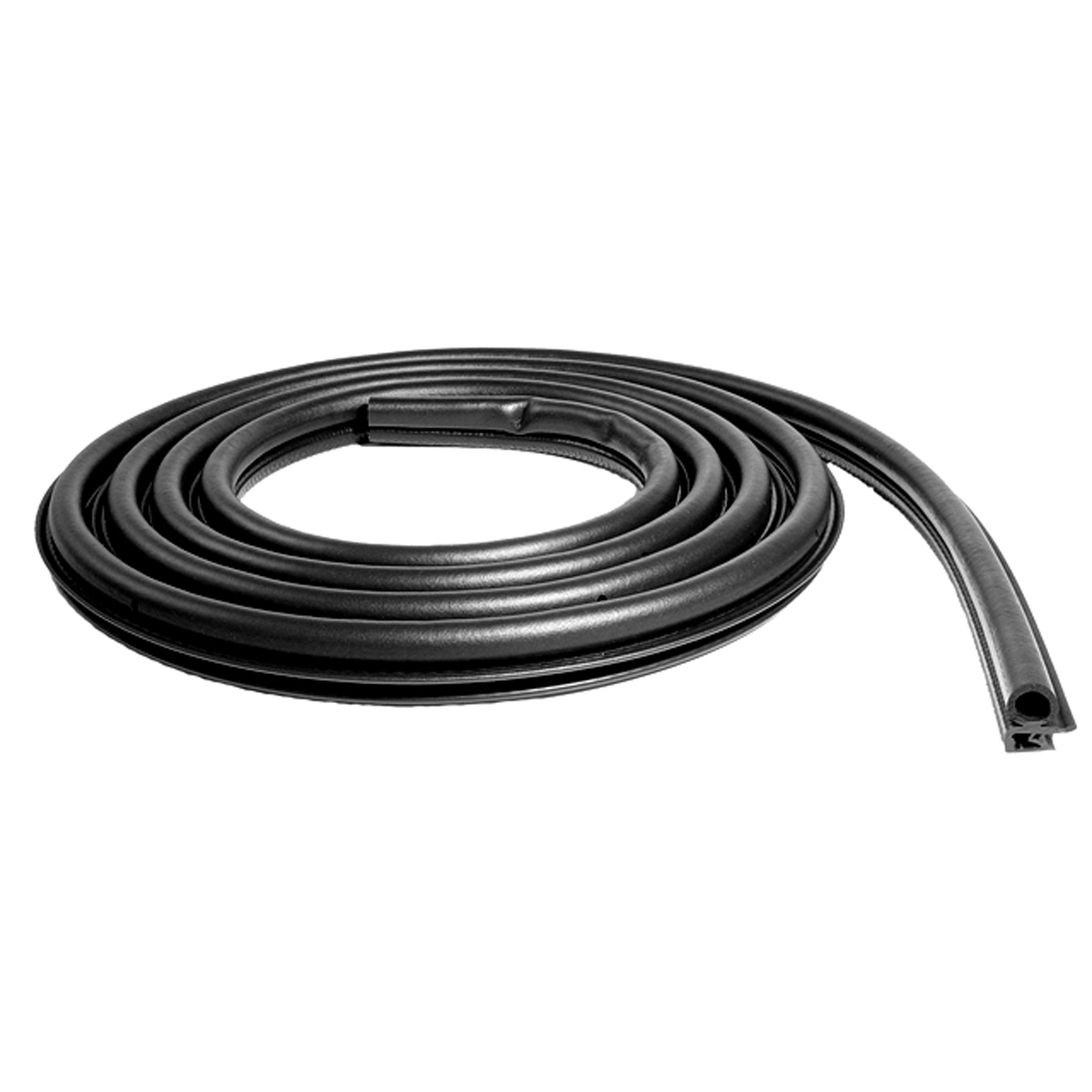Image of 1989 Pontiac Grand Prix, Note: These illustrations use artistic license and may differ from actual historical models.
Performance Metrics
Fundamental Metrics
Emotional Appeal
MMP Rating
| Engine Specifications | |
|---|---|
| Engine Options: | 2.8L V6, 3.1L V6 |
| Displacement Range: | 2.8 - 3.1 Liters |
| Horsepower Range: | 130 - 140 HP |
| Torque: | 170 - 185 lb-ft |
| Compression Ratio: | 8.5:1 - 9.0:1 |
| Ignition System: | Electronic |
| Cooling System: | Liquid-cooled |
| Performance Specifications | |
| 0-60 Time: | 9 - 10 seconds |
| 1/4 Mile Time: | 17 seconds |
| Top Speed: | 120 mph |
| Transmission and Drive | |
| Drive Type: | Front-Wheel Drive |
| Transmission Type: | 4-speed automatic, 5-speed manual |
| Fuel and Efficiency | |
| Fuel System Type: | Fuel Injection |
| MPG: | 18 city / 27 highway |
| Dimensions and Brakes | |
| Brakes: | Front Disc / Rear Drum |
| Wheelbase: | 107.5 inches |
| Weight: | 3,000 - 3,200 lbs |
Note: Specifications for classic cars are given to the best of our ability, considering the limited and variant data available.
Revisiting the 1989 Pontiac Grand Prix: A Forgotten Icon
The late 80s were a transformative period for the automotive industry, and amidst this evolution emerged the 1989 Pontiac Grand Prix. Born from the ambitious design tables of General Motors, this model was a bold statement of style and performance for Pontiac, a brand synonymous with American automotive muscle. With its sleek lines and aggressive stance, the Grand Prix sought to capture the hearts of drivers looking for something beyond the ordinary. One unique fact that car enthusiasts might find captivating is that this was one of the first American cars to integrate a heads-up display (HUD), projecting critical information onto the windshield.
Design and Innovation
The exterior of the 1989 Pontiac Grand Prix boasted a sporty silhouette that was both modern and aerodynamic. Its pop-up headlights and smooth curves were a nod to the futuristic design trends of the time. Inside, drivers were greeted with an interior that focused on comfort and driver engagement. The quality of materials ranged from plush fabrics to optional leather seating, offering a touch of luxury to its sporty ambiance. Technologically, it featured advancements like the aforementioned HUD and digital gauges, placing it ahead of many competitors in terms of innovation. Color options varied, but popular choices included vibrant reds and deep blues, which accentuated its sporty lines. The coupe body style was particularly iconic, offering both flair and functionality.
Historical Significance
The 1989 Grand Prix didn't just represent another model year; it was indicative of GM's push towards technology-driven vehicles. It set itself apart with features like the HUD and advanced electronic controls, which would later become standard in many vehicles. Its design language also influenced subsequent models within GM's lineup, leaving a lasting impression on automotive aesthetics.
Performance and Handling
Under the hood, the Grand Prix offered respectable performance figures for its era. While top speed and acceleration times varied depending on the engine option—ranging from a modest 2.8L V6 to a more robust 3.1L V6—the car could reach 60 mph in just under 10 seconds with the right configuration. Handling was characterized by a comfortable ride that didn't sacrifice responsiveness, making it suitable for both cruising highways and navigating city streets. Drivers often praised the engine's purr and how it contributed to an engaging driving experience.
Ownership Experience
The 1989 Pontiac Grand Prix found its place as a versatile vehicle—equally at home as a daily driver or as an eye-catching show car. Maintenance was relatively straightforward for those familiar with GM products of that era, making it an accessible choice for enthusiasts looking to tinker under the hood. Reliability was typical of domestic cars at the time; solid if well-maintained.
Fun Facts
A lesser-known tidbit about this model is that it occasionally graced celebrity garages and even made brief appearances on screen in period television shows. Although not known for setting records in speed or sales, its introduction of HUD technology was ahead of its time.
Collector's Information
Today, finding a 1989 Pontiac Grand Prix in pristine condition can be challenging but not impossible—estimates suggest that tens of thousands were produced. As for value range, well-maintained models can fetch anywhere from $2,000 to $10,000 depending on condition and originality—indicating mild appreciation due to nostalgia and rarity.
Conclusion
The 1989 Pontiac Grand Prix stands as a testament to an era where innovation began melding with tradition in American automotive design. It may not have been the fastest or most luxurious car on the road, but it offered drivers something different—a glimpse into the future through technology and style. As we look back at this model through the rearview mirror of history, we can appreciate its contributions to an ever-evolving industry.
1989 Pontiac Grand Prix Catalog of Parts
 1989 Pontiac Grand Prix Molded Door Seal. Fits either side of 2 door model. Each-LM 108Molded Door Seal. Fits either side of 2 door model. Each
1989 Pontiac Grand Prix Molded Door Seal. Fits either side of 2 door model. Each-LM 108Molded Door Seal. Fits either side of 2 door model. Each 1989 Pontiac Grand Prix Trunk Seal for 2-Door and 4-Door. 12'10" long. Each-TK 46-HTrunk Seal for 2-Door and 4-Door. 12'10" long. Each
1989 Pontiac Grand Prix Trunk Seal for 2-Door and 4-Door. 12'10" long. Each-TK 46-HTrunk Seal for 2-Door and 4-Door. 12'10" long. EachWhy Choose Metro?
For over 100 years, Metro Moulded Parts has been the pinnacle of quality in classic car restoration parts. Our commitment to precision and authenticity in every component ensures a perfect fit and an OEM-level appearance.
- Expert Craftsmanship & Quality: Each part is a testament to our dedication to reliability and perfection, crafted from original designs and thoroughly tested.
- Advanced Technology: We use cutting-edge techniques to create flawless, long-lasting parts that surpass others in performance.
- SuperSoft Sponge – The Ultimate Door Seal: Not only are our door seals 30% softer than competitors', but they're also guaranteed to never leak. They effectively reduce wind and road noise, enhancing your classic car's comfort and driving experience.
- Proudly American: Our parts are a product of American craftsmanship, made in the USA with a spirit of excellence and heritage.
- Unrivaled Warranty: We back our products with a 30-year industry-leading warranty, a testament to our confidence in their quality.
Join us in preserving the legacy of classic cars with parts that are crafted for perfection, not just made.

